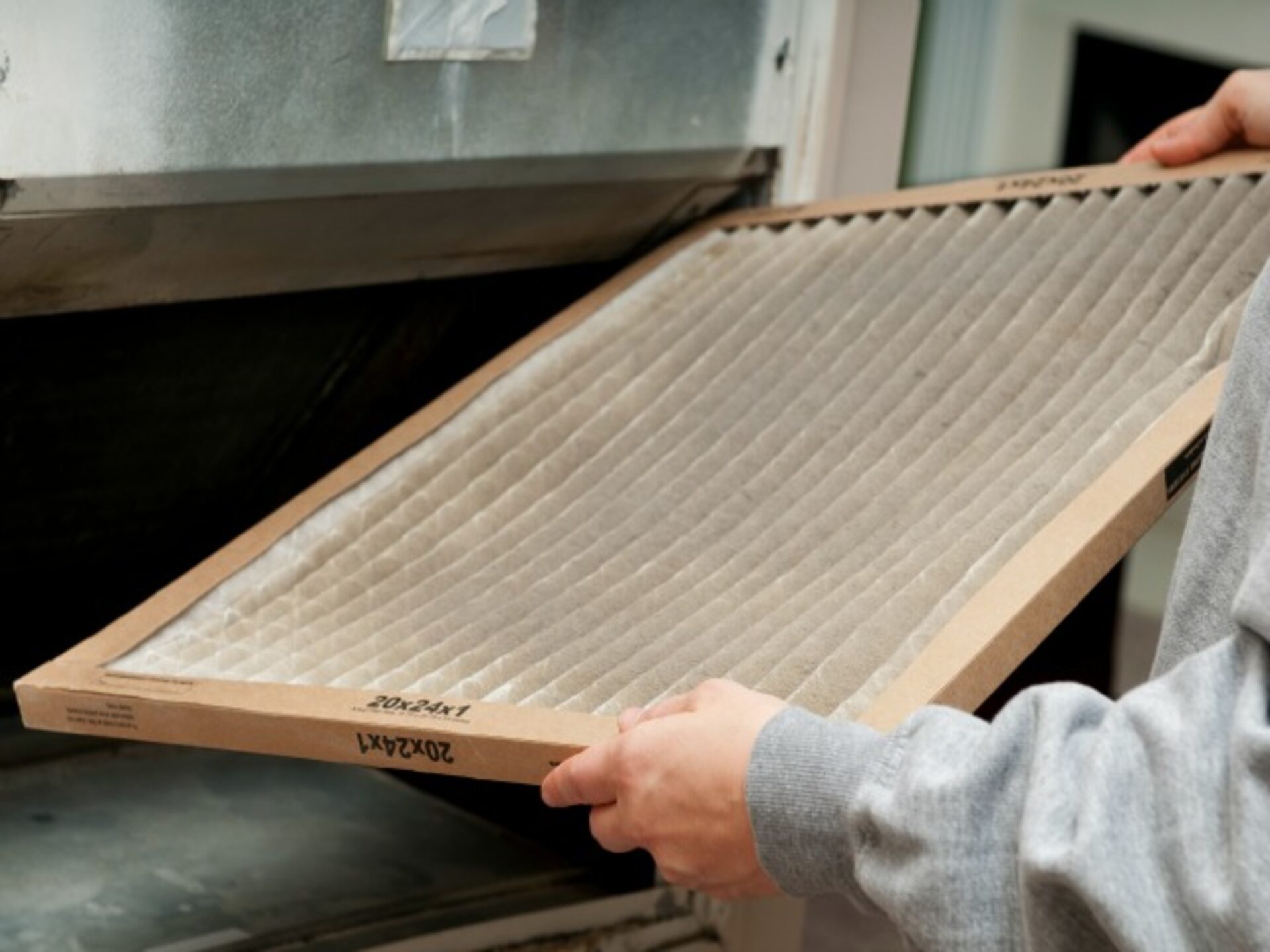The Cost of Dirty Air Filters

Have you changed your furnace filter lately? You often hear about the importance of maintaining a clean filter, but have you ever wondered how a dirty filter can increase your energy costs?
Clogging up your energy budget
The answer is simple. Dust and debris in the filter slow down the flow of air, forcing your heating or cooling system to work harder to maintain a comfortable temperature in your home. This wastes energy and adds to your energy bills.
Heating and air conditioning make up nearly half of the energy costs in a typical U.S. home. A clogged filter causes those systems to use 15% more energy, according to the U.S. Department of Energy.
Wait, there's more
Although nobody wants to pay more on their energy bills, a clogged filter can actually cause additional problems.
- Reduced comfort. Fans push air through the filter. If the filter becomes too clogged, the blower has to strain harder to move the air. With the reduced airflow, you may experience hot or cold spots in your home.
- Unhealthy air. Dust and debris from a dirty filter can recirculate back into your home. This can cause health issues for those with allergies, asthma and other respiratory conditions.
- Higher maintenance costs. Dust and dirt can bypass a clogged filter and land on system components. This not only reduces system performance, but can increase maintenance costs as well; it costs more to pay a qualified professional to clean your system than it does to change a filter.
A big return for a small investment
Changing your filter once a month only takes a few minutes. That doesn't seem like much when you consider the benefits — energy savings, less maintenance and a healthier, more comfortable indoor environment.
Certain types of filters need less frequent replacement. Media air filters, for example, have a high capacity and only need to be replaced once per year. Check manufacturer guidelines for filter maintenance recommendations.
If your heating or cooling system is more than 15 years old or it requires frequent repair, consider replacing it with an ENERGY STAR®-qualified unit. ENERGY STAR certified heating and cooling systems are more energy efficient than standard models.
Want More Tips & Other Helpful Resources?
Sign up for our NEW monthly e-newsletter for more money-saving ways to manage your energy use!



